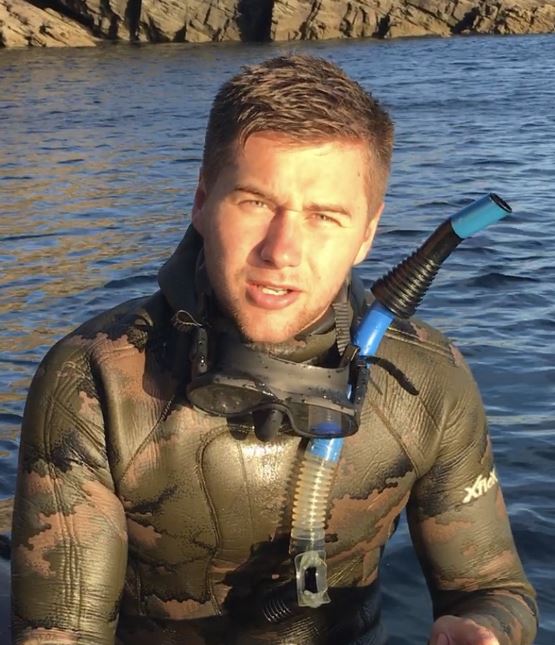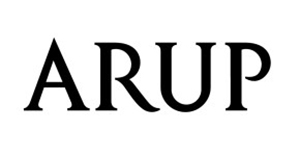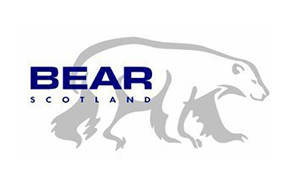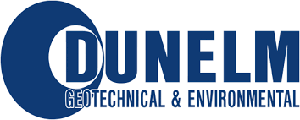Cohort 5
 John Stratford
John Stratford
- One Planet DTP Researcher School of Natural and Environmental Sciences
- Email: j.stratford2@newcastle.ac.uk
- Twitter: @@JohnStratford_
- Based at: Newcastle University
Project Title: Photogrammetry as a tool to improve coral reef restoration
Bio:
Having grown up in the Pembrokeshire Coast National Park, I’ve always enjoyed spending time in marine environments, and have quickly gravitated towards working to conserve them. Whilst much of my current work involves studying 3D maps of reefs, I still love getting out into the field as much as possible to keep familiar with the real things, spend time with local experts and remind myself how to dive..
I have worked on various conservation-themed ecology research projects - from studying parasitioids of wasps for use in biocontrol, to investigating territorial behaviour in reef fish - in both the UK and abroad, and I am currently studying how we can maximise the success of reef restoration projects.
Education:
BSc Biological Sciences (Biodiversity and Conservation), University College London, 2018-2021
Supervisors:
- James Guest (Newcastle University)
- Kate Jones (University College London)
- Renata Ferrari (Australian Institute of Marine Science)
- John Bythell (Newcastle University)
- Holly East (Northumbria University)
Research questions:
- What does the natural recovery of coral reefs look like?
- How do actively restored reefs compare to natural reefs?
- What’s the best way to monitor the progress and success of reef restoration projects?
- How can 3D-mapping survey and analysis methods be streamlined to make detailed reef monitoring easy, fast and accessible?
Techniques:
Intelligent methods for monitoring and assessing success have been acknowledged as vital components of any restoration project. Although attracting more and more attention and investment, coral reef restoration projects are lacking standardised methods of setting goals, monitoring progress and reporting the extent to which a project has achieved these goals.
I use a combination of field and computational methods to construct and analyse 3D maps of coral reefs. Using 3D mapping techniques to conduct efficient and detailed investigation of coral communities I aim to highlight the reef characteristics that restoration projects should aim to restore, whilst also demonstrating methods that can be used in effective restoration monitoring.
A particular focus is to develop and streamline 3D mapping methods to make them as easy, quick and affordable as possible, from start to finish. Towards this, I am investigating how Machine Learning can make the process more accessible to both researchers and restoration practitioners, in hopes to maximise restoration success in the face of ongoing climate and biodiversity crises.








